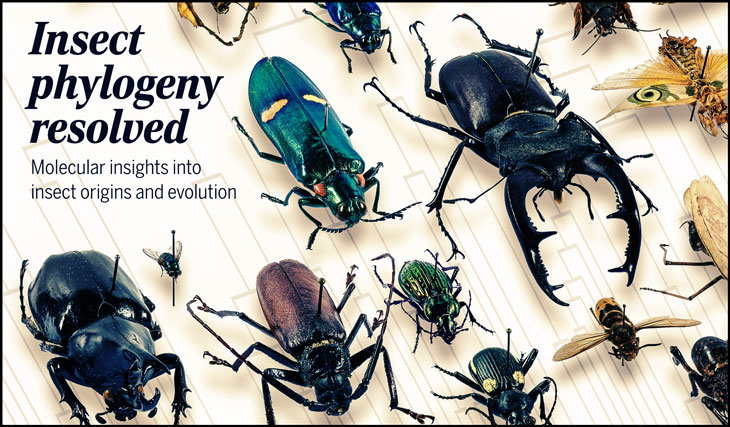Jessica runs a lab at Rutgers University where she studies insect evolution. She might ask questions like When Did Insects Evolve? I’ve never met Jessica, but she came highly recommended by other entomologists. I’m really glad I got the opportunity to ask her these 8 questions. I must say, I find what she does really interesting.
What insect/bug/arthropod best describes you (or what’s your favorite one(s)?
It’s a tie! ODONATA (Dragonflies and Damselflies), and BLATTODEA (cockroaches and termites).

What is your job description?
Assistant Professor
What do you study now?:
Insect evolution through space and time!
What is the best thing about your job?
I have had the chance to work with some wonderful graduate and undergraduate students! I love fieldwork, and we’ve been lucky enough to have been able to do a ton of fieldwork!
What is the worst thing about your job?
Being a professor comes with a lot of administrative duties, that take time away from the microscope and genomes!
What inspired you to first study science?
My Nana and Grandad are from northern Canada, and are true nature lovers—they had me outside collecting snakes, insects and frogs from a very early age?

What do you do in a typical day?
I am a single parent with sole custody of my children, so my day is a little crazy in terms of the schedule. I get up at 5 AM and work from 5:30-7:00 on manuscripts, grants, email, etc. I get my kids off to school at 8AM, and drive to work, which takes a little over an hour. I try and work on manuscripts every day, even in grant writing season, because manuscripts are fun! I meet with grad students, skype with colleagues about grants and manuscripts, go to committee meetings and faculty meetings, and if I am lucky, I look under the microscope at insects a few times a week (I wish it was more!). I leave work and pick up my kids at 6:30, and then work from 8PM-11:30 on manuscripts and grants after they go to bed. Usually I can do more microscope work (morphology) at night, because I have a little office set up at home.
What advice would you give to someone interested in becoming an entomologist?
Go for it! Pick an organism and learn everything about it! We work in a field where you can really carve out a niche for yourself, working on an aspect of a taxonomic group you really are interested in. Go to the field, often, it’s therapeutic and transformative! As you’re moving ahead with your career as an entomologist, use your skills and position(s) to help others: give bug talks to scout troops, teach pollinator identification to garden clubs, invite students to visit your lab, collaborate with others. I think entomology is a language everyone worldwide understands, insects unite us.


































































































